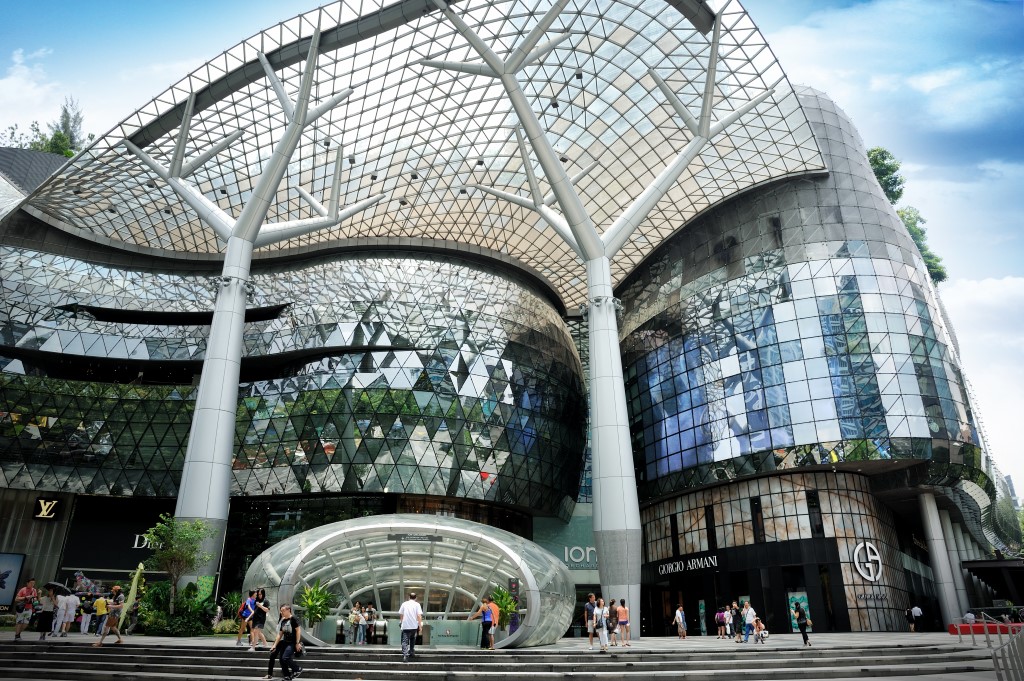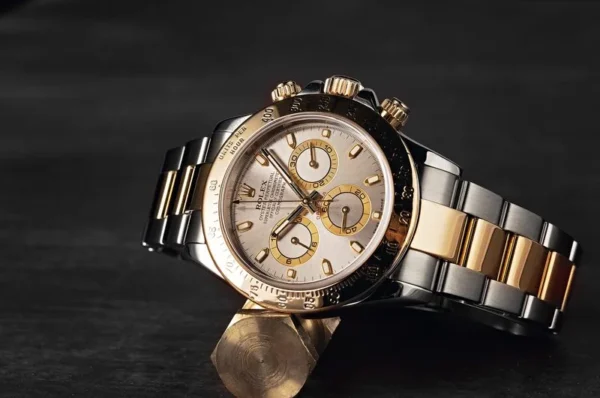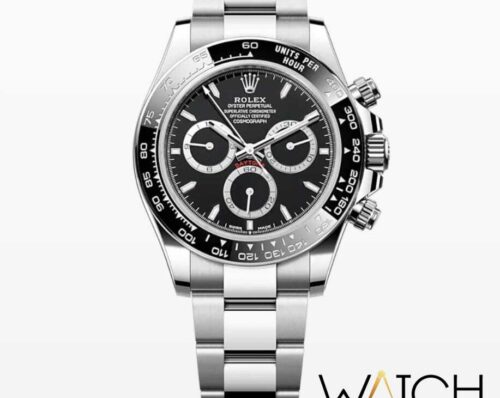Singapore has long been recognized as a thriving cosmopolitan city that embraces luxury and elegance. With its strong economy, affluent population, and reputation as a luxury shopping destination, the city-state has become a hub for the discerning consumer seeking the finest in fashion, jewelry, watches, and lifestyle products. In this article, we delve into Singapore luxury market, exploring its growth, key players, and the factors that contribute to its allure.

A Haven for Luxury Brands:
Singapore’s luxury market has attracted a multitude of global luxury brands, making it a shopping paradise for the affluent and fashion-conscious. Orchard Road, Singapore’s premier shopping district, is lined with prestigious flagship stores and high-end boutiques, showcasing renowned brands such as Chanel, Gucci, Louis Vuitton, and Prada.
Affluent Consumer Base:
Singapore’s affluent population plays a crucial role in driving the growth of the luxury market. The city-state has one of the highest GDP per capita in the world, with a significant number of high-net-worth individuals and a strong middle class with disposable income to spend on luxury goods and experiences.
Rise of Experiential Luxury:
In recent years, the luxury market in Singapore has witnessed a shift toward experiential luxury. Discerning consumers seek more than just material possessions; they desire unique experiences and personalized services. Luxury brands have responded by curating exclusive events, offering personalized consultations, and creating immersive experiences that go beyond the traditional retail model.
Digital Transformation:
The digital revolution has had a profound impact on the luxury market in Singapore. Luxury brands are embracing e-commerce platforms, engaging in social media marketing, and leveraging technology to enhance customer experiences. Online luxury shopping has gained popularity, allowing consumers to conveniently browse and purchase luxury goods from the comfort of their homes.
Emerging Asian Markets:
Singapore’s strategic location and reputation as a regional business hub have positioned it as a gateway to emerging luxury markets in Asia. The city-state attracts affluent consumers from neighboring countries such as Indonesia, Malaysia, China, and India, who travel to Singapore to shop for luxury goods.
Sustainability and Ethical Consumption:
In recent years, sustainability and ethical consumption have gained prominence in the luxury market. Consumers in Singapore are increasingly conscious of the environmental and social impact of their purchases. Luxury brands are responding by adopting sustainable practices, using ethically sourced materials, and promoting transparency in their supply chains.
Shop Now at Watch Playboy







